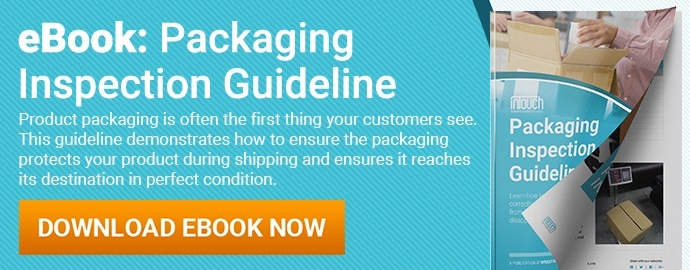Packaging plays a vital role in the retail industry by protecting products, boosting brand recognition, and enhancing the customer experience. Plastic packaging is the most widely used type globally, but due to increasing concerns about the environment, brands and retailers are transitioning to more sustainable options for more environmentally friendly businesses.
In April 2024, the European Parliament adopted a groundbreaking set of new regulations to promote sustainable packaging and reduce packaging waste in the European Union (EU). The rapporteur Frédérique Ries (Renew, BE) highlighted that:
For the first time in an environmental law, the EU is setting targets to reduce packaging, regardless of the material used. The new rules foster innovation and include exemptions for micro-enterprises. The ban on forever chemicals in food packaging is a great victory for the health of European consumers. We now call on all industrial sectors, EU countries and consumers to play their part in the fight against excess packaging.
What are the key updates in the new regulations, and what are some popular sustainable packaging options that you can use? Follow our article to find out.
What Are the Key Objectives of the New Regulations?
Ban on Single-Use Plastic Packaging Types
From January 1st, 2030, specific single-use plastic items will be banned. These include packaging for unprocessed fresh fruits and vegetables, individual portions for sauces and ingredients, packaging for accommodation and toiletry products, and very lightweight plastic carrier bags (below 15 microns).
Additionally, the new regulations will also ban the use of so-called “forever chemicals” (per- and polyfluorinated alkyl substances or PFASs) above certain thresholds in food contact packaging.
Reduce Packaging Waste
As laid out in the Packaging and Packaging Waste Regulation (PPWR), the new regulations aim to reduce the EU’s packaging waste by 5% by 2030, 10% by 2035, and 15% by 2040. There will also be restrictions on certain types of packaging to encourage businesses to go for more sustainable options.
Encourage Reuse, Recycling, and Refill
Brands and retailers are encouraged to provide consumers with reusable and recycling packaging, and refill options. Alcoholic and non-alcoholic beverage packaging (except milk, wine, aromatized wine, and spirits) are foreseen to reach reuse targets in 2030.
What Are Some Popular Types of Sustainable Packaging?
As a business owner, what are the common sustainable packaging types and what are their benefits? Let’s find out!
Paper Packaging
Paper packaging is commonly used in retail industries due to its convenience, efficiency, and cost-effectiveness. It can be used for packing food, groceries, garments, small home products, and more. Common types of paper packaging include paper bags, wrapping paper, and honeycomb packing paper.
Cardboard Packaging
Cardboard packaging is incredibly common and can be found almost everywhere. Large cardboard boxes are typically used for storage and transportation, while smaller ones are commonly used for packing individual products or as shipping and delivery packaging for ecommerce businesses.
Wood Packaging
Wood packaging is normally used when the product is large, heavy, or fragile. The properties of wood can protect products from knocks, crushes, and warping. Wood packaging is also commonly used for products that require specific humidity levels.
Plantable Packaging
Plantable packaging is a type of packaging that can be planted and grown after use. It is usually made from post-consumer materials, such as paper, and is embedded with seeds so that consumers can bury it in the soil and watch it flourish. This type of packaging can be used for small items like cosmetics, seeds, soaps, and more. Plantable packaging is gaining popularity due to its complete sustainability compared to other options. However, at present, it is more expensive than traditional packaging, so its use is limited to non-price-sensitive brands.
Toward A Healthier Future and Greener Planet with Sustainable Packaging
In recent years, ESG (Environmental, Social and Governance) has become an important benchmark for businesses, making sustainability a vital part of any organization. Shifting to sustainable packaging gives businesses a valuable chance to evaluate their sustainability performance and enhance their commitment to environmental protection. It helps meet consumer demands, reduce carbon footprint, and add brand value.
Do you want to check the packaging of your products or verify the authentication of your sustainable packaging? Contact AQF to get ideas from professionals! At AQF, we have been supporting global brands with quality control solutions for 17+ years. Our global laboratory network enables us to provide specialized lab services to ensure safety and compliance. Want to know more? Contact AQF now!








